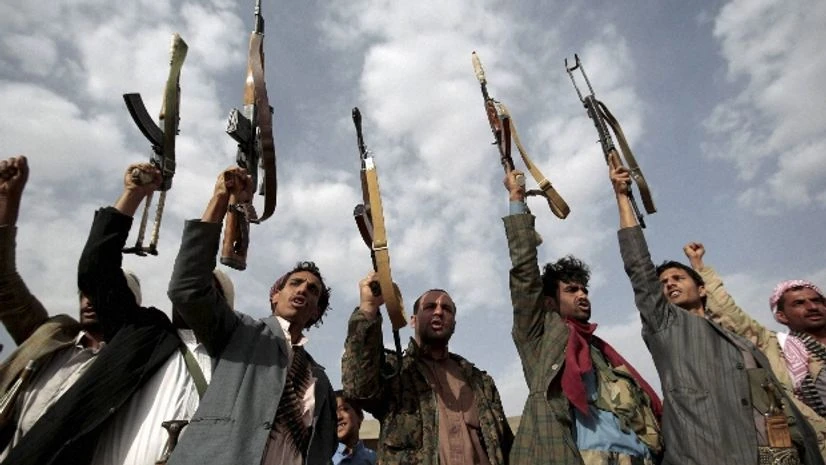Unemployed youth preferably from Muslim community are being roped in by handlers of terror groups like ISIS and JMB to expand their networks in border districts of West Bengal.
Jamaat-ul-Mujahideen Bangladesh (JMB) has been targeting unemployed youth and ISIS too could be following its tactics.
The recent arrest of 25-year-old Mohammed Musiruddin has exposed the presence of the terror group in the state, particularly in the districts bordering Bangladesh including Burdwan, Murshidabad and Birbhum, a top CID official of West Bengal said on the condition of anonymity.
More From This Section
Burdwan district entered the terror map in October 2014 when two suspected JMB terrorists were killed while making improvised explosive devices at a rented house at Khagragarh.
In fact, NIA in its supplementary chargesheet in connection with the Khagragarh blast had claimed that JMB had been recruiting youths from the border districts of West Bengal.
"Unemployed youths are the main targets of terror groups. JMB had been doing that and the ISIS has started the same process," the official said adding that this fact has again got a confirmation during the grilling of Musiruddin, who was part of the of recruitment network.
"They have handlers who supervise one to two districts and keep a tab on educated but unemployed youths including girls in the age group of 16-30 years preferably from the Muslim community," he said.
"The brainwashing starts from the first meeting which helps them convince the youth to join the group. And from there they are moved to the training camps in the bordering districts," the officer said referring to the arrest of a 19-year-old polytechnic student at Durgapur by NIA this March.
The name of Ashique Ahmed, alias Raja, a resident of Hooghly's Dhaniakhali, had surfaced during an interrogation of one Abdus Sami Qasmi, who was arrested by the agency from Uttar Pradesh in February.
The NIA sleuths, who had seized some documents from Ashique's ancestral home, were initially hesitant to arrest him as he was a teenager and had no criminal record.
"This is another tactic to choose someone with no criminal records but has some education. Youths are told that they do not need to come to Syria to join the war actively but can initiate their own jihad from their native places," the officer said.
"It is nothing but asking them to carry out 'lone-wolf' attacks which are very hard to stop until they are executed," he said, adding that these camps also worked as a fund-raising machinery too.
The handlers, he said, communicate with their leaders mostly based either in Syria, Iraq or Bangladesh through the social media like Facebook and also via Whatsapp and other messengers.
Musiruddin's mobile phone showed calls received and made to numbers in countries like Syria, Iraq and Bangladesh, apart from the App he was using to communicate to the leaders, the officer, who is part of the probe team, said.

)
